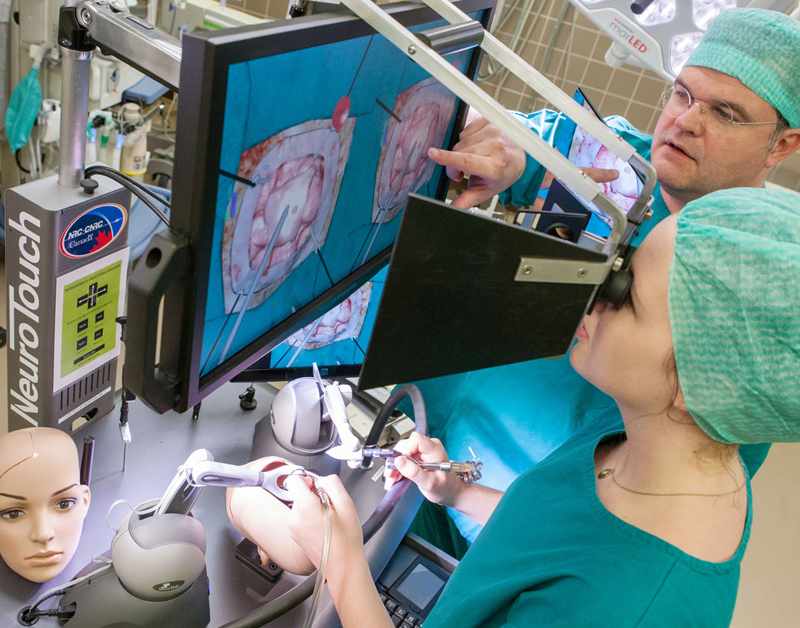
Fusiform aneurysms are a rare and complex type of vascular abnormality in which a blood vessel bulges out in all directions, frequently affecting long segments of arteries, particularly those in the brain. Unlike saccular aneurysms, which form a distinct pouch, fusiform aneurysms affect the entire circumference of the artery, making diagnosis, monitoring, and treatment much more difficult.
These aneurysms may be asymptomatic until they rupture or compress nearby brain structures, resulting in severe neurological complications. Fusiform aneurysms are particularly difficult to treat due to their diffuse nature, irregular shape, and involvement of critical blood vessels. Traditional surgical clipping is frequently not feasible, and endovascular techniques may have limited success.




















Write a comment ...